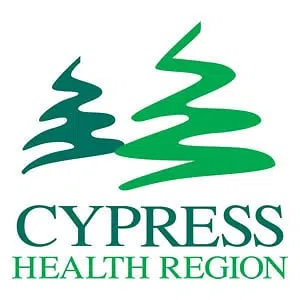
Cypress Health Region sounding alarm over chlamydia cases
An increasing number of sexually transmitted infections (STI’s) has the health authority concerned in Cypress Health Region.
On Thursday afternoon, the region issued a bulletin to the public, advising residents to be aware of the issue, with a focus on teenagers and young adults. According to the bulletin, the number of STI’s across the province are on the rise, with chlamydia being the most common diagnosis.
“Our data monitoring tools indicate that chlamydia is the most commonly reported STI in the Cypress Health Region,” said Dr.David Torr, the consulting health officer for the region.
“Teenagers and young adults in our region account for the highest rates of chlamydia and gonorrhea. These rates are an emerging health issue in our region, especially those in younger age categories.”
